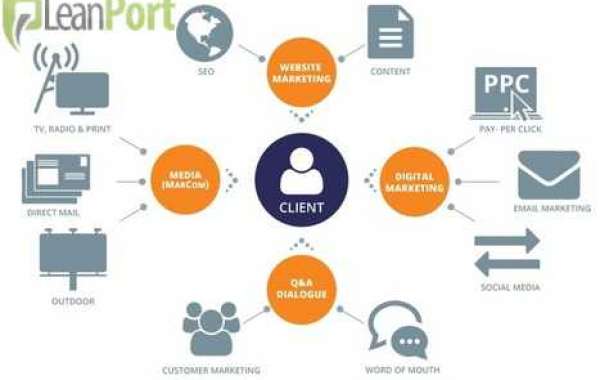Microinverters, also known as micro-converter or micro-power inverter, are devices used in photovoltaic systems to convert direct current (DC) generated by a single solar module to alternating current (AC). This technology has been gaining traction in recent years, especially in commercial spaces, due to its potential to revolutionize energy efficiency.

The Advantages of Microinverters
One of the key advantages of microinverters in commercial spaces is their ability to optimize energy production. Unlike traditional string inverters, microinverters are installed on each individual solar panel, allowing for independent power optimization. This means that shading or debris on one panel does not affect the performance of the entire system, resulting in higher overall energy output.
Furthermore, microinverters offer enhanced safety and reliability. With traditional string inverters, if one panel malfunctions, the entire system can be affected. Microinverters, on the other hand, isolate each panel, minimizing the impact of any issues and making maintenance easier and less costly.
Integration with Smart Grid Technology
Another way microinverters are revolutionizing energy efficiency in businesses is through their integration with smart grid technology. By enabling two-way communication between the solar panels and the grid, microinverters allow for better monitoring and control of energy production. This not only maximizes the use of renewable energy but also helps businesses to better manage their energy consumption and reduce costs.
Cost-Effectiveness and Scalability
Microinverters are also proving to be a cost-effective solution for businesses looking to adopt solar energy. While the initial investment may be higher than traditional inverters, the long-term benefits in terms of energy production and system reliability often outweigh the upfront costs. Additionally, microinverters offer scalability, allowing businesses to easily expand their solar systems as their energy needs grow.
Environmental Impact and Corporate Social Responsibility
From an environmental perspective, microinverters play a significant role in reducing the carbon footprint of businesses. By harnessing solar energy more efficiently, businesses can decrease their reliance on non-renewable energy sources, thereby contributing to a more sustainable future. This aligns with the growing emphasis on corporate social responsibility, as businesses seek to demonstrate their commitment to environmental stewardship.
In conclusion, the adoption of microinverters in commercial spaces is transforming the way businesses approach energy efficiency. From optimizing energy production to integrating with smart grid technology, microinverters offer a range of benefits that make them a compelling choice for businesses looking to reduce costs, minimize environmental impact, and demonstrate corporate social responsibility.








